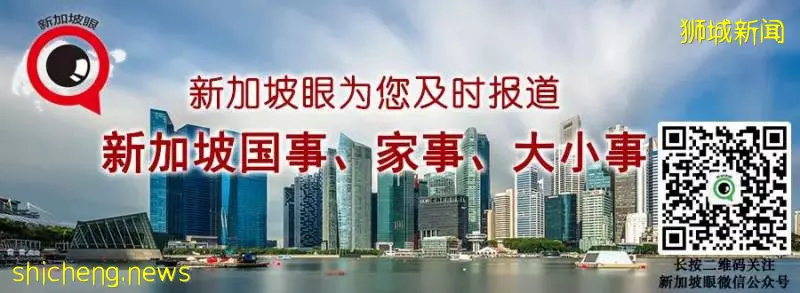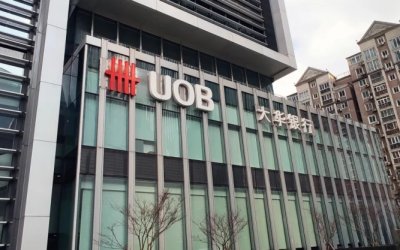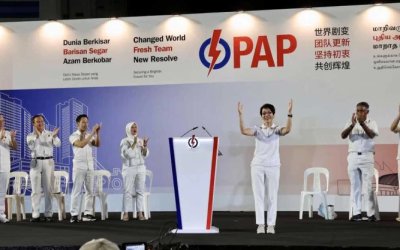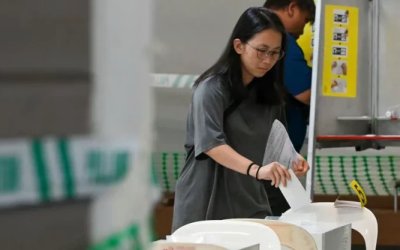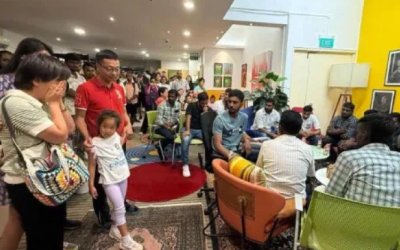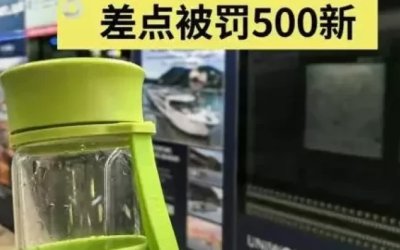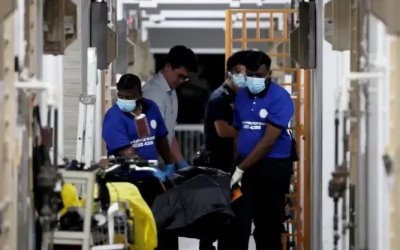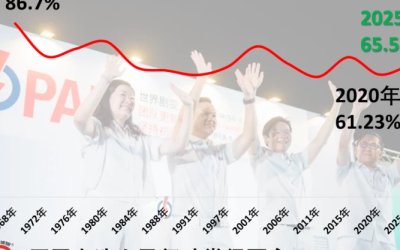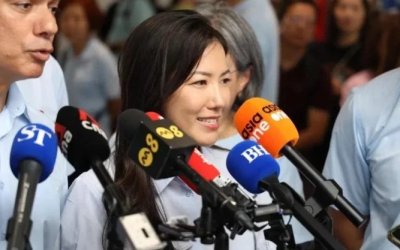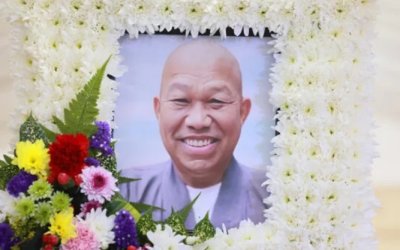11. Third, we must have the courage to Confront our respective domestic long-term challenges. To mitigate the impact of the crisis, we need to muster political will and resources, to facilitate distribution of the fruits of trade, to redistribute the benefits from trade to help our businesses and people adjust to new realities, and embrace new opportunities. Globalisation, digitalisation and greater integration all require us to make adjustments, and that adjustment will allow us to leverage on our respective comparative advantages. And that is how we have been able to seize the opportunities over the last few decades to uplift millions from poverty and to break through the middle-income trap. Governments, and those who have benefitted from globalisation, have a role and also a responsibility to help those who have been adversely impacted, either absolutely or relatively. Without strong and coherent governance, countries will be faced with threats of social fragmentation. There will be a domestic pushback against greater integration through globalisation or digitalisation.
12. In the tyranny of populist politics against sound economics, we must lay the foundation of trust among our populace, businesses and political leadership. This will provide the political space that governments need, to lay the building blocks for a rules-based global order and connectivity, for the long-term well-being of our country, people and the world. Without coherent government, without domestic confidence, few, if any, governments will have the courage or the political space to stand up on the international stage to continue to support globalisation and further integration. So it is a positive cycle that we need to engender – clear, coherent policies leading to long-term benefits for our people, which in turn allow our people to support greater integration at the global level that will bring about more benefits for our people, and that virtuous cycle will continue. On the other hand, a negative cycle can also easily form - without confident, coherent and consistent policies, we cannot have a confident population that will benefit and support globalisation and further integration. And as the world fragments, each and every one of us have fewer opportunities and the forces of nativism and protectionism continue to grow, we will be on a downward spiral. So the choice is before us.
13. In our crisis response, Singapore has held steadfast to these principles, staunchly supporting the multilateral trading system, upholding our position as an open and connected business hub, and strengthening our social compact. It is challenging for a small country like Singapore, but it is the right thing to do. If it is the right thing to do for a small country, perhaps it is also the right thing to do for many bigger economies.
14. As one of the world’s largest economies, China now has a historic opportunity to win global trust by exemplifying the standards of behaviour towards global trade – from having open markets, sharing technologies on open platforms, to being collaborative and connected with the region. How China engages with the rest of the world today will impact the global trust towards China’s rise.
15. The world is listening and watching intently as China implements its ‘dual circulation strategy’. This pivots China from an export-led development model towards one where domestic and international economies are both mutually reinforcing. This is to be expected for China’s economic trajectory at this point of history. In line with the renewed global emphasis on economic resilience, this is not unexpected that China and Chinese companies are also seeking to secure and diversify their supply lines and markets, by ‘going beyond China’ to access the world market, and to make China’s market accessible to the world. And that is why, a few years ago, Chinese companies have already embarked on this strategy of going beyond China – 走出去. Chinese companies no longer want to be seen as Chinese companies. They want to be seen as global companies, integrating into the global supply chains and markets. This is a positive sign for the rest of the world. The greater the interdependence between China and the rest of the world, the safer the world will be and the greater our chance for peace and security, because each and every one will have a shared interest in the other parties’ continued success and prosperity. Therein lies new opportunities in the Chinese market, in the world market, and for China and the world to work closer together, going forward.
16. Apart from China’s economic rebalancing, Chinese leaders have also advocated shared benefits, shared responsibilities and shared governance across all countries in mutually beneficial integration. At the 3rd China International Import Expo last week, Chinese President Xi Jinping spoke of China’s plans to pursue deeper regional, bilateral, and multilateral cooperation. We look forward to China’s continued contribution to the global trade architecture, for the greater prosperity of the Chinese people and for the world at large.
17. While uncertainty shrouds the endpoint of the pandemic, I am heartened that many markets in our region have managed the situation pretty well up to now. To further our commitment to a rules-based system, Singapore has been actively involved in efforts by ASEAN and its dialogue partners to enhance the regional trade architecture, through the Regional Comprehensive Economic Partnership (RCEP) agreement. We are pleased with the significant progress made and look forward to its signing soon. This is testament to the region’s collective commitment and determination to ride out the global pandemic and to seize the opportunities now as the global supply chains reshuffle. The reshuffling of global supply chains has started even before the global pandemic, and it will be accelerated by the global pandemic. This is an opportunity for the Asian economies involved in the RCEP to position ourself as an integrated, attractive proposition for the global investors as we ride out the pandemic and plant the seeds for future integration, plant the seeds for future growth. On connectivity, Singapore has worked with many like-minded partners to launch a series of supply chain and digital connectivity initiatives, and we are working to progressively open up our borders in a safe and sustainable way. On confronting domestic challenges, Singapore has spared no efforts to extend job and industry support, to facilitate business continuity and the well-being of our people.
18. As Ms Kristalina mentioned, our effort is not just to sustain the current businesses. More importantly, we are spending more of our resources to help our businesses pivot and position for the new economy. So we are not playing defensive of just trying to sustain what we have, we are putting in the foundations for the next lap of growth by making sure that we exit out from industries that are not so bright in their future towards industries and sectors that are stronger engines of growth going forward. This is an ongoing process for the Singapore economy, as always. But this work has taken on greater urgency because of the fundamental changes that have been brought about by the geopolitical forces, the pandemic and the technological changes. Our fundamentals and relations in the region remain strong. The existing trade architectures, cooperation initiatives and community building mechanisms are useful enablers for our recovery. Platforms such as today’s Caixin Summit are a salient reminder that we come together with more common interests than differences.
19. COVID-19 is a crisis of a generation. But it is also an opportunity for this generation, to define values and ideals for ourselves and our future generations. We have both a historic opportunity and responsibility to rebuild global trust. For us to continue to have the courage to commit to the path of greater interdependence rather than independence. For us to have the courage to stay connected amidst the pandemic and most importantly for us to confront our own domestic challenges so that each and every one of us can be confident in our own right to go onto the international stage and to speak up for greater interdependence, greater connectivity so that we can all leverage on our respective comparative advantages for the next lap of global growth. And that we will not relearn the lessons of history, almost a hundred years ago, where countries regressed back to autarky and beggar thy neighbour policies. So this is both a historic opportunity and historical responsibility for countries big and small. As leaders, and members of the global community, we must work together to rebuild domestic confidence and international trust. The two must go hand-in-hand, for us to emerge stronger, for humanity to benefit from this greater interdependence. And this is why in Singapore we have a motto: emerge stronger. On that note, ladies and gentlemen, we welcome you to partner us and in Singapore, we stand ready to partner like-minded countries and companies to continue furthering the cause of globalisation, multilateralism, interdependence, so that we can all build a better future for ourselves and for generations to come.
— END —
